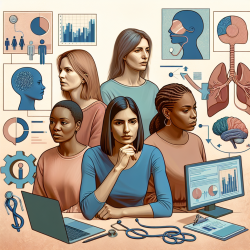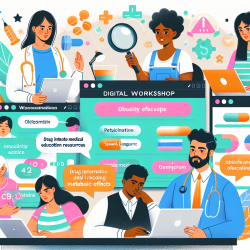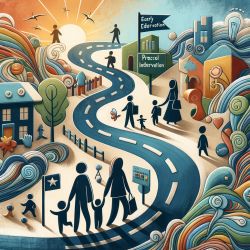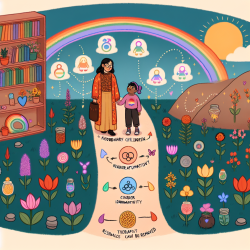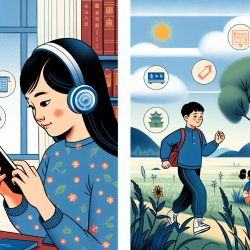Understanding Coping Mechanisms: A Path to Improved Practitioner Skills
The recent study titled Vigilance and Protection: How Asian and Pacific Islander, Black, Latina, and Middle Eastern Women Cope with Racism provides critical insights into how women from these racial and ethnic groups experience and cope with racism. This research is essential for practitioners aiming to enhance their skills in providing support to these communities. The findings offer a nuanced understanding of the coping mechanisms employed by these women, which can inform better therapeutic practices and interventions.
Key Findings and Their Implications for Practitioners
The study highlights several coping strategies used by women facing racism, including:
- Vigilant Behavior: Many participants reported altering their daily routines to avoid potential racist encounters. Practitioners can use this insight to develop safety plans and coping strategies tailored to individual needs.
- Social Support: Seeking social support from family and community was a common coping mechanism. Practitioners can facilitate support groups or community networks to enhance this form of coping.
- Education and Awareness: Educating others about racism and cultural differences was identified as a method of coping. Practitioners can incorporate educational components into their sessions to empower clients.
Encouraging Further Research and Application
While the study provides valuable insights, it also highlights the need for further research into the specific experiences of different racial and ethnic groups. Practitioners are encouraged to engage in ongoing education and research to stay informed about the unique challenges faced by these communities. This knowledge can lead to more effective interventions and support mechanisms.
Conclusion
By understanding and implementing the coping mechanisms identified in this study, practitioners can improve their skills and provide more effective support to women facing racism. This research underscores the importance of culturally sensitive practices and the need for ongoing education in addressing the complexities of racism and its impact on mental health.
To read the original research paper, please follow this link: Vigilance and Protection: How Asian and Pacific Islander, Black, Latina, and Middle Eastern Women Cope with Racism.
